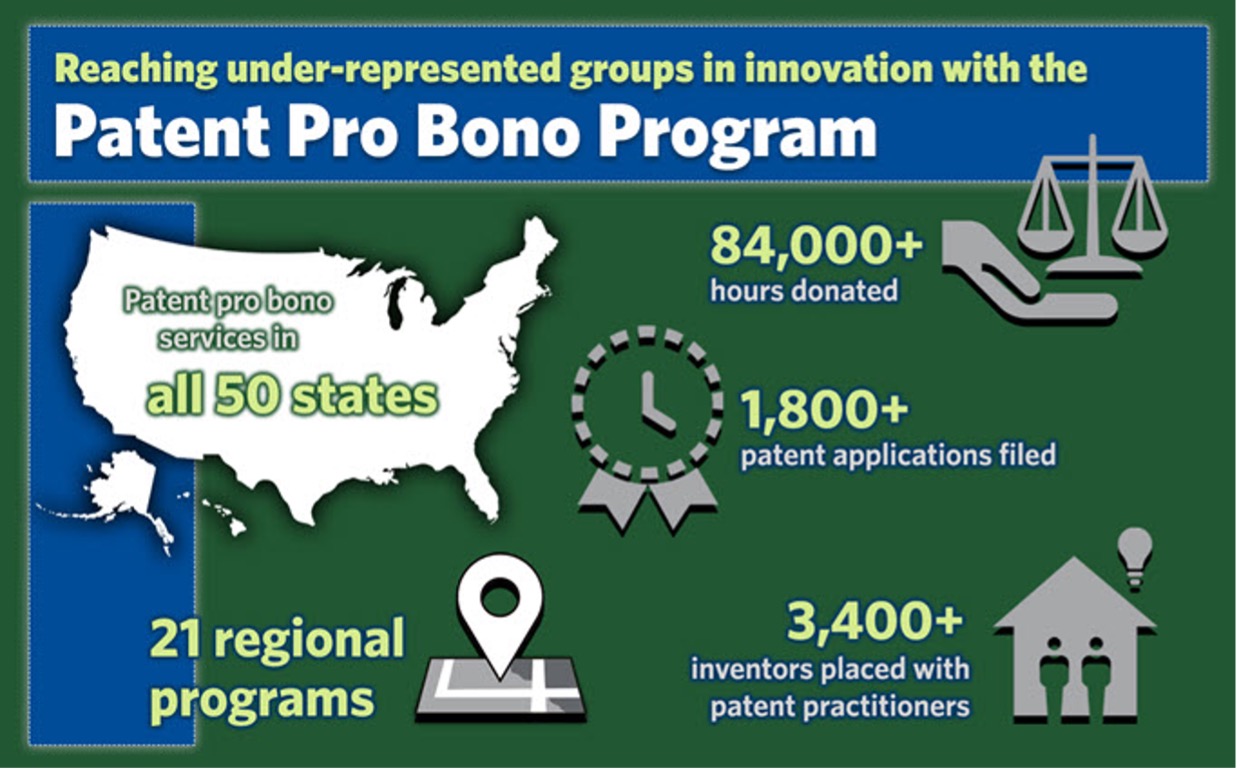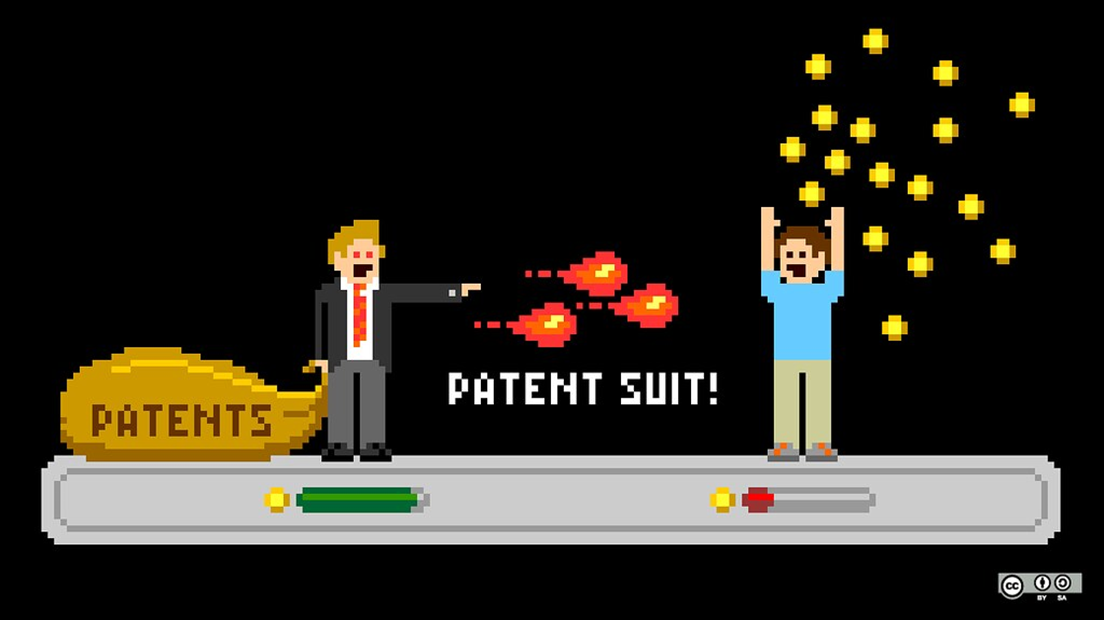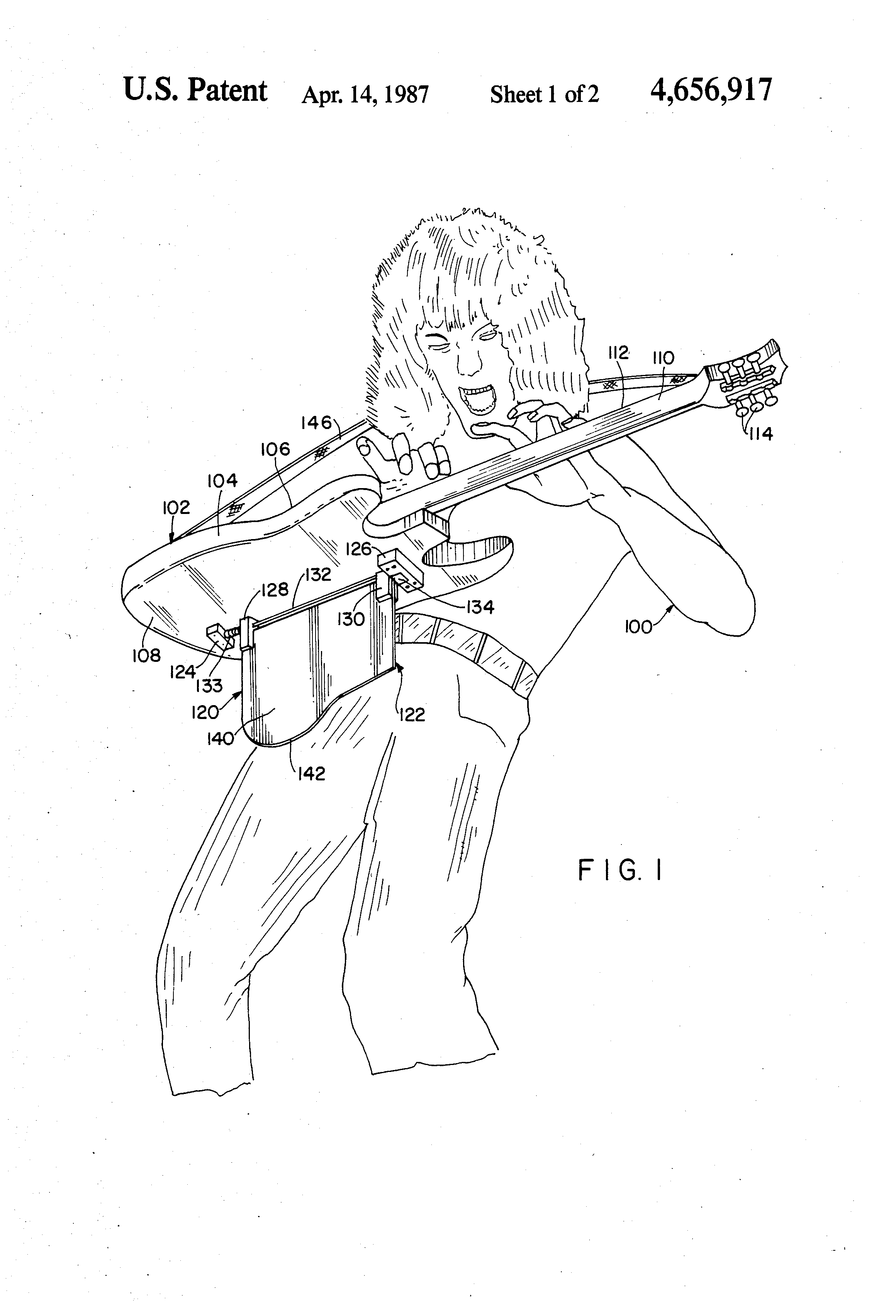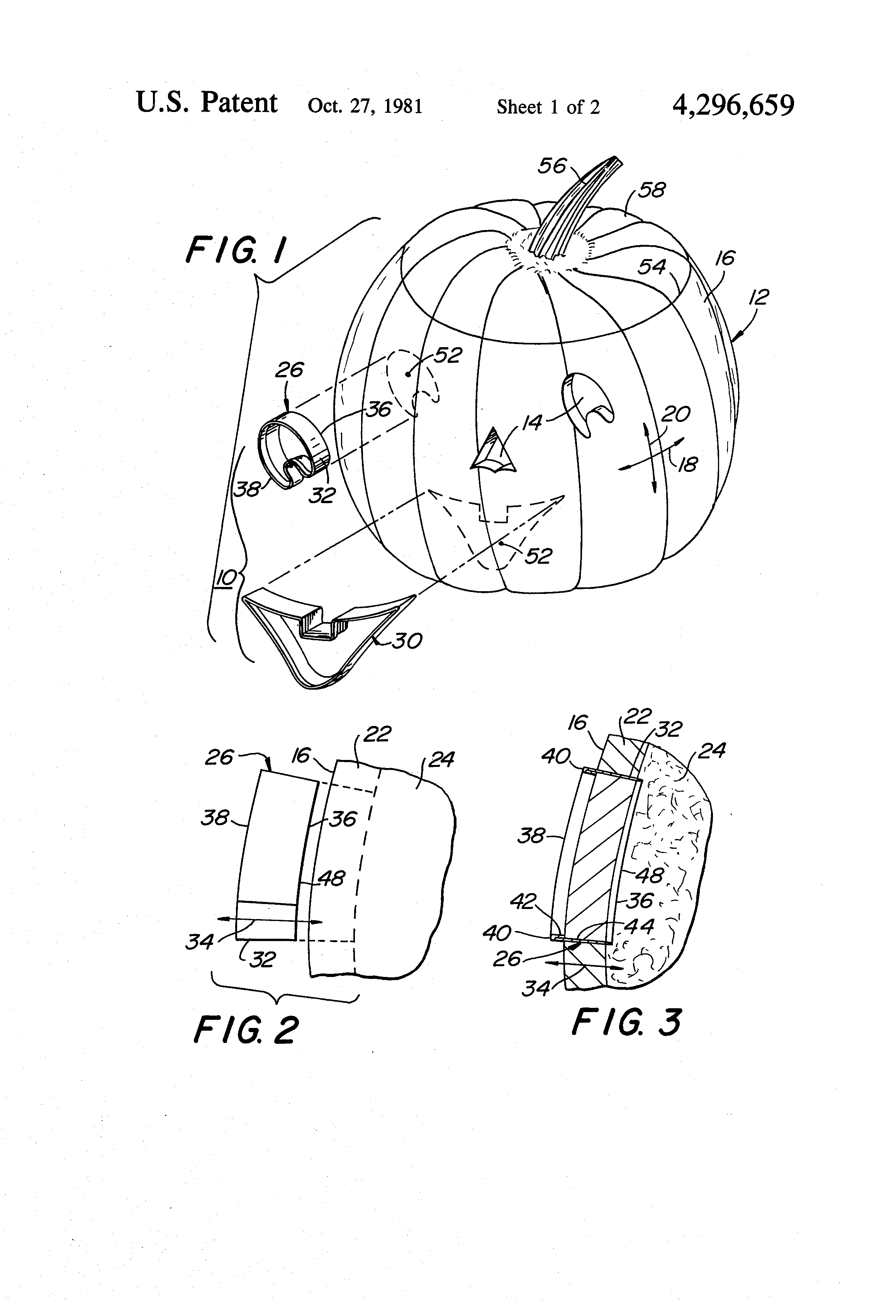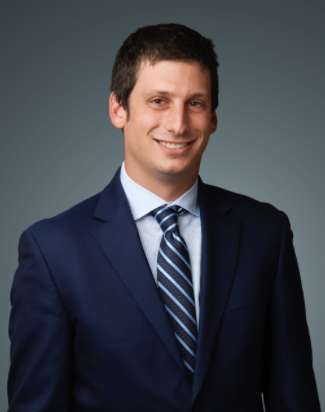
A Journey from the Lab to the Office: An Interview with Brad Loren
Brad Loren is an associate at McAndrews Held and Malloy Ltd. (McAndrews).
Prior to attending law school, Brad attended the University of Iowa where he  earned a B.A. in Chemistry and Political Science. After earning his undergraduate degrees, Brad attended Purdue University where he earned his Ph.D. in Organic Chemistry. Brad’s Ph.D. research focused on pharmaceutical development, specifically organic synthesis and drug delivery. After earning his Ph.D., Brad attended Loyola University Chicago School of Law, where he graduated cum laude in 2021. Continue reading “A Journey from the Lab to the Office: An Interview with Brad Loren”
earned a B.A. in Chemistry and Political Science. After earning his undergraduate degrees, Brad attended Purdue University where he earned his Ph.D. in Organic Chemistry. Brad’s Ph.D. research focused on pharmaceutical development, specifically organic synthesis and drug delivery. After earning his Ph.D., Brad attended Loyola University Chicago School of Law, where he graduated cum laude in 2021. Continue reading “A Journey from the Lab to the Office: An Interview with Brad Loren”
